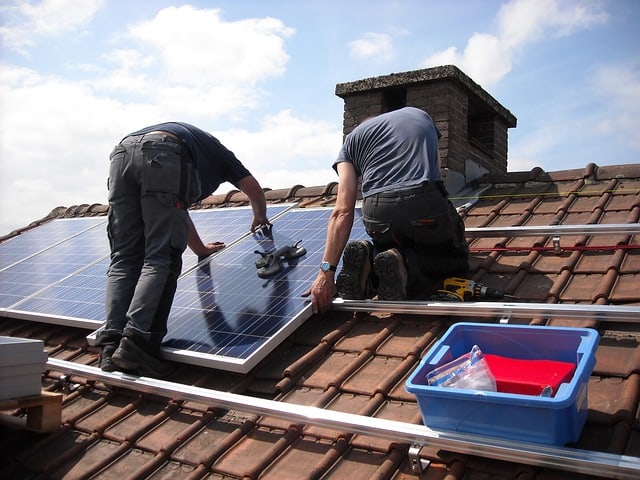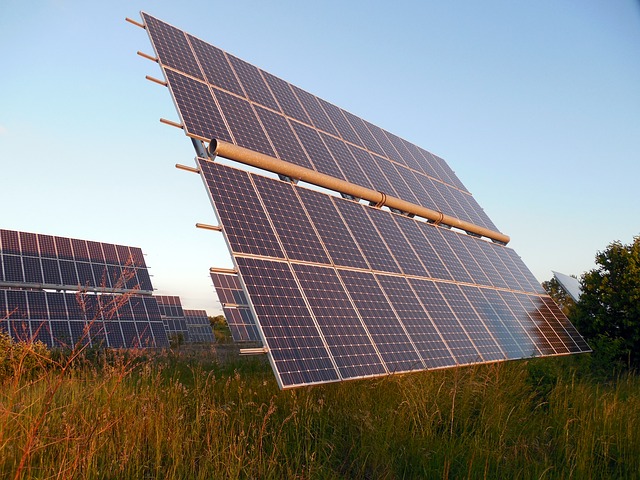Guide to Electrical Energy Use
In an era where sustainability and environmental consciousness are paramount, optimizing electrical energy use is not just a financial imperative but also an ethical one. Electrical energy powers our homes, industries, and virtually every aspect of modern life. In this comprehensive guide, we will delve deep into the world of electrical energy use, exploring its importance, practical tips for conservation, and the latest technological advancements that can help us make the most of this invaluable resource.
The Significance of Electrical Energy
1. Powering Our Lives
Electrical energy is the lifeblood of modern civilization. It illuminates our homes, keeps us warm in the winter, cools us in the summer, and ensures our devices and gadgets run smoothly. From the moment we wake up to the time we go to bed, we are surrounded by electrical energy in various forms.
2. Industrial Backbone
Industries rely heavily on electrical energy to drive manufacturing processes, maintain infrastructure, and innovate in their respective fields. Without a consistent and efficient supply of electrical energy, economies would grind to a halt.
3. Environmental Impact
The production and consumption of electrical energy have a significant impact on the environment. Fossil fuels, such as coal and natural gas, have historically been the primary sources of electricity generation. However, their extraction and combustion release greenhouse gases, contributing to climate change. Understanding the environmental implications of electrical energy use is crucial for a sustainable future.
Practical Tips for Efficient Electrical Energy Use
Now that we understand the importance of electrical energy, let’s explore some practical strategies for optimizing its use.
1. Energy-Efficient Appliances
Invest in energy-efficient appliances for your home or business. Look for products with the ENERGY STAR label, which indicates they meet high standards for efficiency. These appliances consume less electricity while providing the same level of performance.
2. Lighting Upgrades
Switch to LED lighting. LED bulbs use significantly less energy than traditional incandescent bulbs and last much longer. Additionally, consider installing motion sensors and timers to ensure lights are only on when needed.
3. Unplug Idle Electronics
Many electronic devices continue to draw power even when turned off. This phenomenon, known as “phantom energy” or “vampire power,” can be a significant source of energy waste. Unplug devices or use power strips to disconnect multiple items at once.
4. Smart Thermostats
Install smart thermostats that can learn your heating and cooling preferences and adjust accordingly. They can also be controlled remotely via smartphone apps, allowing you to optimize energy use even when you’re away from home.
5. Regular Maintenance
Ensure that your electrical systems are well-maintained. Regularly inspect wiring, outlets, and switches for signs of wear and tear. Faulty electrical systems can lead to energy loss and pose safety risks.
6. Renewable Energy Sources
Consider generating your electricity through renewable sources such as solar panels or wind turbines. These technologies harness the power of nature to provide clean and sustainable energy.

Technological Advancements in Electrical Energy Use
The world of electrical energy is constantly evolving, with innovations aimed at increasing efficiency and sustainability. Here are some cutting-edge advancements to keep an eye on:
1. Energy Storage Solutions
Energy storage technologies, like advanced batteries, are becoming increasingly important. They allow excess energy to be stored and used during peak demand, reducing strain on the electrical grid.
2. Smart Grids
Smart grids use digital technology to optimize the distribution of electricity. They can detect and respond to changes in demand, helping to reduce energy waste and prevent power outages.
3. Electric Vehicles (EVs)
The rise of electric vehicles is transforming the automotive industry. EVs are not only environmentally friendly but also offer opportunities for vehicle-to-grid (V2G) technology, where cars can supply electricity back to the grid when not in use.
4. Artificial Intelligence (AI)
AI is being employed to optimize electrical energy use in various sectors. Machine learning algorithms can analyze data and make real-time adjustments to energy systems, improving efficiency.
Conclusion
Efficient electrical energy use is crucial for both our wallets and the planet. By adopting energy-saving practices, investing in energy-efficient technologies, and staying informed about the latest advancements, we can reduce our environmental footprint and ensure a sustainable energy future.
Remember, every kilowatt-hour saved not only lowers your electricity bill but also contributes to a cleaner and greener world. Please take a moment to visit TheWebSaga to learn more about electrical energy use.




